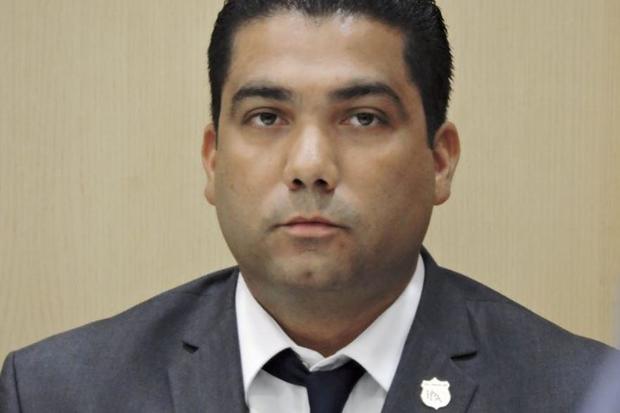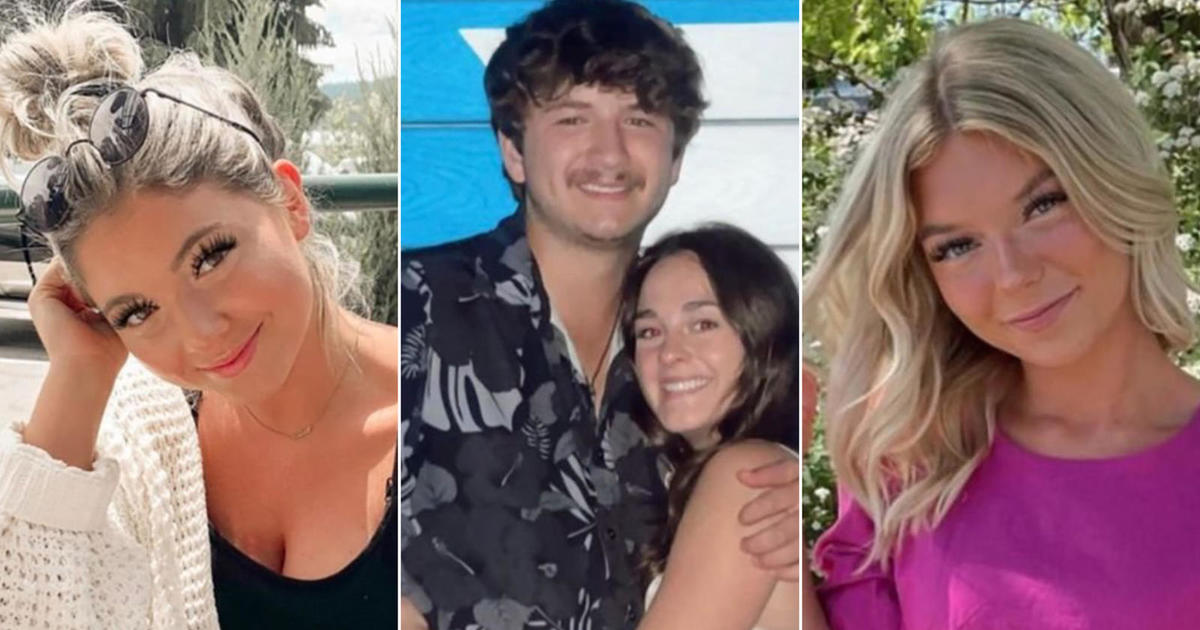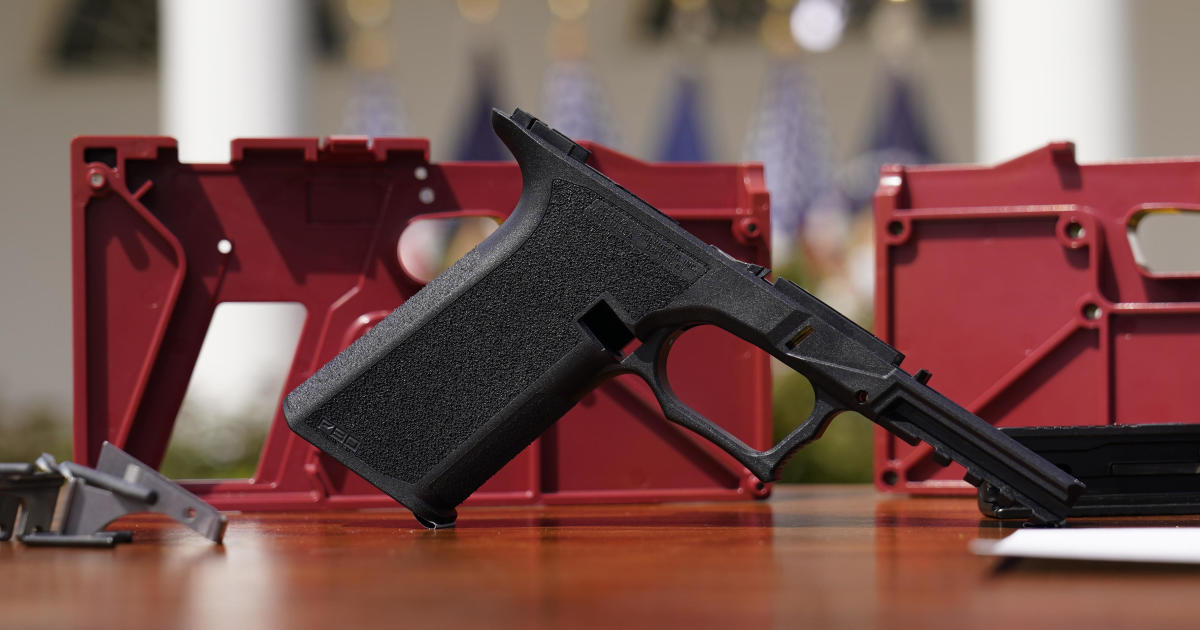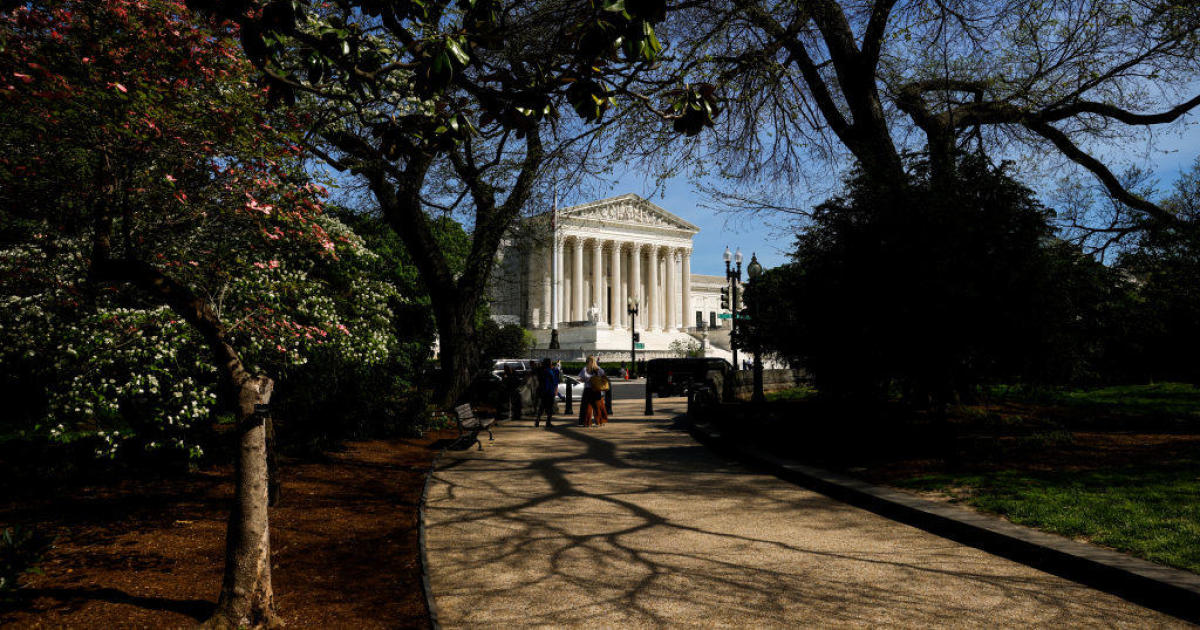Police officers can invoke "stand your ground," Florida Supreme Court rules
Florida law enforcement officers can invoke the state's "stand your ground" law as a defense against criminal prosecution in a shooting, the state Supreme Court ruled unanimously Thursday. The court issued its 7-0 decision in the case of Peter Peraza, a Broward County sheriff's deputy charged with manslaughter in the 2013 fatal shooting of a man carrying what turned out to be an air rifle.
Peraza's lawyers claimed he was immune from prosecution under the stand your ground law, which permits use of deadly force when a person has a legitimate fear of "imminent death or great bodily harm." The law allows for the person invoking the defense to request immunity during a hearing before a judge, and, if the judge affords the protection, to skip a jury trial.
The state Supreme Court justices agreed with two lower court rulings, which concluded that the law applies to law enforcement officers the same as anyone else.
"Simply put, a law enforcement officer is a 'person' whether on duty or off, and irrespective of whether the officer is making an arrest," Justice Alan Lawson wrote for the court.
"In common understanding, 'person' refers to a 'human being,' which is not occupation-specific and plainly includes human beings serving as law enforcement officers," he added.
Peraza shot 33-year-old Jermaine McBean during an encounter with deputies at his apartment complex. Several people had called 911 to report a man openly carrying a rifle down a busy street and acting erratically.
"It's a groundbreaking ruling," said Peraza attorney Eric Schwartzreich. "Every law enforcement officer in the state of Florida can go to work and do their job and not worry about being second-guessed."
But critics say the law could make it harder to hold police officers accountable in situations when their use of force is in question, reports The New York Times. David Schoen, an attorney for the McBean family, called the decision a "slap in the face" to honest law enforcement officers and to anyone who might come forward to report police misconduct.
"This is a grave injustice that sends exactly the wrong message to the country at exactly the wrong time," Schoen said in an email.
During an earlier court hearing, Peraza testified that he and others loudly ordered McBean to put down the weapon. Instead, according to Peraza, he spun around pointing it toward them and Peraza fired three shots, killing McBean. Peraza is Hispanic and McBean was black.
McBean's family has said he was diagnosed as bipolar in 2010 and had recently suffered a breakdown that required hospitalization. Schoen said the decision ignores testimony that McBean never pointed the rifle at the deputies and that he didn't hear commands to drop it because he was listening to music through earbuds. Schoen said the family will pursue a federal civil rights lawsuit against Peraza.
"The entire premise of the decision is based on a lie that is absolutely and indisputably a lie," he said.
Peraza was indicted two years after the killing on the manslaughter charge following a New York Times examination, the paper reports, becoming the first law enforcement officer to be charged in an on-duty killing in the state in decades. Peraza invoked stand your ground and testified that he was in fear for his life when he fired the shots and sought immunity from prosecution under the stand your ground law. A Broward County judge agreed and that decision was upheld by the 4th District Court of Appeal, but another appeals court had ruled the opposite way in a different case.
The Florida Supreme Court decision resolves the question. Peraza, 40, had faced a maximum 30-year prison sentence if convicted of the manslaughter charge.
The state had argued that the stand your ground law didn't apply to law enforcement officers because they are already protected when using justifiable force during a lawful arrest. On Thursday, the Broward County State Attorney's Office issued a statement saying it had never supported the law and that there was evidence and testimony that contradicted Peraza's account.
"Stand your ground is a bad law and it doesn't allow a trial jury to hear the evidence and make a decision," the statement said.




